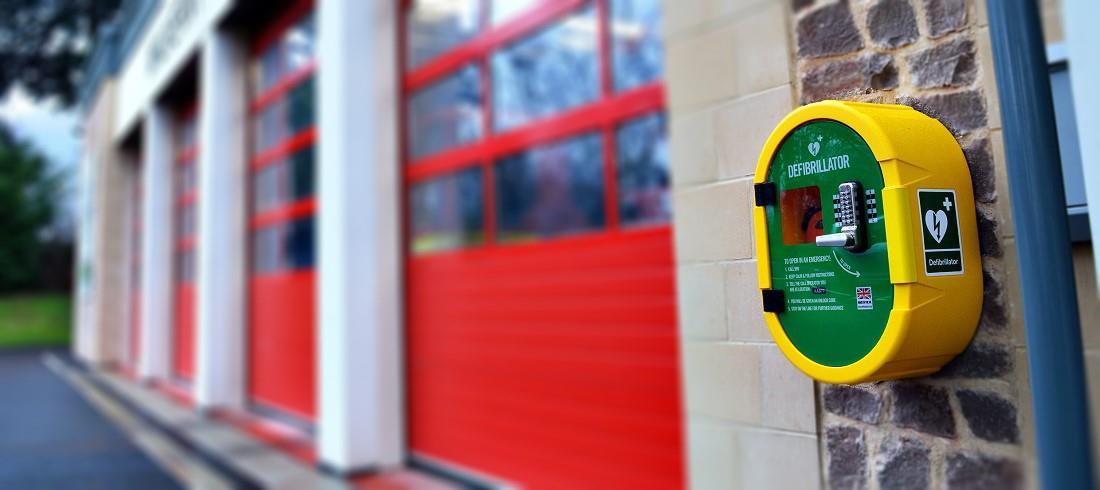I enjoyed watching the delayed 2020 European Football Championship.
It was particularly good to see Scotland v England. However, it was overhyped by almost every media outlet. We were saturated with an endless stream of facts and figures, history lessons, predictions and advice on how the game should be played.
The obvious point being missed was that simply getting there after a 25 year absence from the Euros, was an achievement. Holding the more experienced English team to a 0-0 draw was a second achievement and gave the Scots lads a point.
With so much attention focused on the game, you could have been fooled into thinking nothing else was happening in the world that day.
One rule for football fans, another for everyone else?
As it happens, the Scottish Government announced the bad news that travel to Manchester from Scotland was banned. To have sneaked that out on the day when both Scotland and England were absorbed in the pending football clash was cynical to say the least. Particularly when thousands of Scots had travelled to London without a ticket for the game, nor a safe place to watch it.
Ever since the first minister designated football an “elite” sport, the general public have asked: “Is there is one Covid rule for football fans, and a different one for the rest of us?”
Consider the two large fan gatherings in Glasgow. Despite the government saying they weren’t allowed, no charges were brought against either the clubs or the law breakers. Unfortunately, this also confuses the public as to what the Covid rules actually are.
It also makes the Manchester decision rather hypocritical. No consultation and no warning – exactly what the Scottish Government continually accuses the UK Government of doing.
Staycations, previously allowed, were cancelled and many small tourism businesses lost out.
Privilege before public health
To add to the football elitism, the UK government have, at the last minute, increased the crowd attendance at the final in Wembley to 60,000, and are allowing football VIPs to travel in and out of the UK from other countries on the amber list, without any Covid restrictions – something our citizens are not allowed to do.
Clearly there is big money in professional football at the top end and politicians know it’s a popular game with the masses
Clearly there is big money in professional football at the top end and politicians know it’s a popular game with the masses. So, on this occasion, privilege has been put before public health.
Nevertheless, a remarkable piece of goodness came from bad in the Denmark v Finland opening match of the competition.
Important lessons learned from Christian Eriksen’s collapse
The Danish mid fielder Christian Eriksen, at the age of 29, suffered a cardiac arrest and collapsed on the pitch.
Fortunately, he received immediate medical attention whilst surrounded by his team mates. Eriksen ended up in hospital and fortunately, he survived.
What was vital was the cardiopulmonary resuscitation (CPR) administered and an electric shock to the heart via defibrillator.
Cardiac arrest is not like a heart attack where there is a degree of warning. In cardiac arrest, the heart simply stops working.
Over 30,000 people in the UK suffer cardiac arrest per year and just one in 10 survive, hence the need for immediate attention. It is believed that first use of a defibrillator can increase survival rates by around 70%.
The most common cause of a cardiac arrest, but not the only one, is an abnormal heart rhythm. The heart stops pumping blood round the body. CPR and a shock from a defibrillator, if required, can be a life saver.
Scotland should improve cardiac arrest awareness
At the beginning of this millennium, Aberdeen City Council, along with the Evening Express, embarked on a publicity campaign to raise funds for defibrillators in our public buildings where large numbers of people meet. Business was also encouraged to get involved. The result was that many work places now have a visible defibrillator.
Hopefully they are being regularly checked and maintained. They are easy to operate and come with clear instructions.
The Highlands and Islands also installed defibrillators at various points throughout the area. It’s quite reassuring to see as you travel round the Highlands.
There have been various displays and exhibitions, in schools and shopping centres, demonstrating how CPR works and encouraging members of the public to learn how to administer it. The British Heart Foundation have been instrumental in getting this message out.
Christian Eriksen’s incident has reminded us all the need to look after our health.
Interestingly, in Denmark everyone is taught CPR and about defibrillators. It would be useful if we did the same in Scotland. After all, by learning and raising awareness, you may end up saving your own life.
Len Ironside is a former champion wrestler who served as an Aberdeen councillor for 35 years, with four years as council leader




